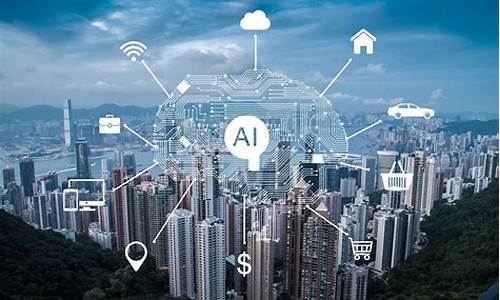有关智慧城市的英语作文(有关智慧城市的英语作文80词)
The Evolution and Benefits of Smart Cities
Smart cities represent the future of urban living, integrating technology to improve the efficiency of services and the quality of life for citizens. These cities utilize data and digital technology to create more sustainable, efficient, and livable environments. From transportation systems to energy management, smart cities are revolutionizing urban landscapes.
Advanced Transportation Systems
One of the most significant aspects of smart cities is the development of advanced transportation systems. Utilizing Internet of Things (IoT) devices, cities can monitor traffic patterns and optimize routes, reducing congestion and lowering emissions. Electric and autonomous vehicles are becoming more prevalent, offering eco-friendly alternatives to traditional cars.

Efficient Energy Management
Energy management is another crucial component of smart city initiatives. By employing smart grids and renewable energy sources, cities can reduce their carbon footprint and enhance energy efficiency. Smart meters allow for real-time tracking of energy consumption, enabling residents and businesses to make more informed decisions about energy use, ultimately leading to cost savings and sustainability.
Enhanced Public Services
Smart cities also focus on improving public services such as waste management, healthcare, and security. For example, smart waste bins can alert sanitation workers when they need to be emptied, increasing efficiency and reducing litter. Telemedicine and health monitoring systems provide better healthcare access and management, while smart surveillance systems enhance public safety by utilizing AI to detect and respond to incidents faster.
In conclusion, smart cities are paving the way for a more connected and sustainable future. By embracing technology, these urban areas can offer improved transportation, energy management, and public services, making them more efficient and livable for their inhabitants. The ongoing evolution of smart cities promises to address many urban challenges and create a higher quality of life for all residents.





